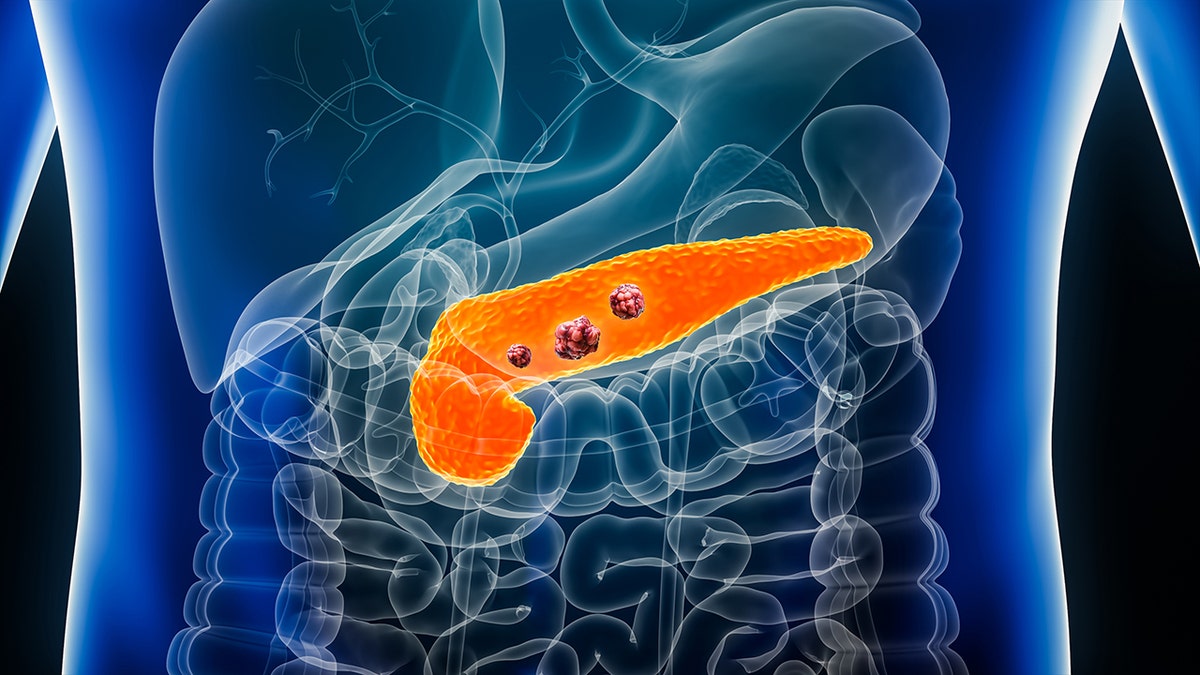A novel mRNA vaccine for pancreatic cancer is demonstrating encouraging results in a phase 1 clinical trial at Memorial Sloan Kettering Cancer Center (MSK). The experimental therapy aims to reduce the risk of cancer recurrence after surgery by training the immune system to recognize and target pancreatic cancer cells.
Published in Nature, the study's findings indicate the vaccine successfully activated an immune response in half of the 16 participants, with this response persisting for almost four years after treatment. Those who exhibited an immune response were significantly more likely to remain cancer-free at their three-year follow-up appointment.

Dr. Vinod Balachandran, the trial's principal investigator, expressed optimism about the vaccine's potential. "This RNA vaccine technology allows us to educate the immune system to identify pancreatic cancer, potentially generating a long-lasting immune response, a crucial element for any effective cancer vaccine," he explained. Dr. Balachandran also noted his surprise at the immune system's responsiveness, given the historically challenging nature of treating pancreatic cancer.

The personalized vaccine targets specific proteins unique to each patient's cancer, and was administered alongside the immunotherapy drug atezolizumab and standard chemotherapy following surgical tumor removal. Known as autogene cevumeran, this therapeutic vaccine, unlike preventative vaccines, trains the immune system to identify and attack existing cancer cells. It focuses on early-stage cancers where tumors are surgically removable and haven't metastasized, aiming to delay or prevent recurrence.

While acknowledging the early stage of research, Dr. Balachandran believes this approach could be applicable to other cancer types. "The success in pancreatic cancer suggests the potential to develop therapeutic vaccines for other cancers as well," he stated. The team is currently planning a larger study to further evaluate the vaccine's effectiveness in patients with surgically removable pancreatic cancer.
This development offers a glimmer of hope in the fight against pancreatic cancer, a disease with a notoriously low five-year survival rate. Current standard treatments like chemotherapy, radiation, and immunotherapies are often ineffective against this aggressive cancer, highlighting the urgent need for new therapeutic options.
Comments(0)
Top Comments